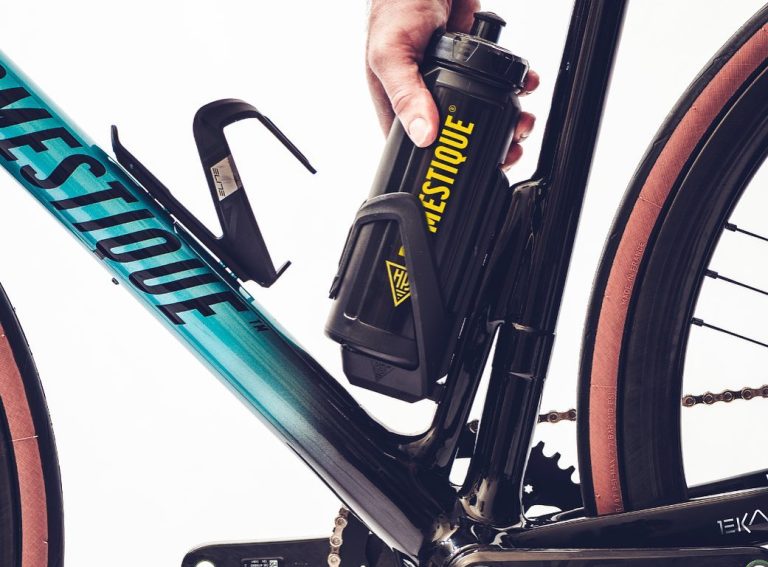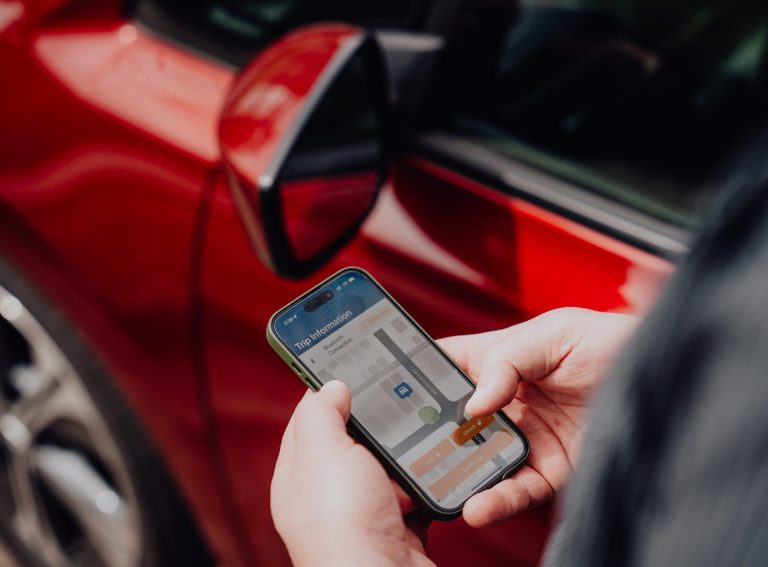London-based startup Allye has a plan to repurpose batteries from crashed Teslas and turn them into community batteries.
Allye wants to offer ‘energy storage as a service’ where these community batteries would be situated in apartment blocks or on streets with residents allocated a certain amount of battery capacity per month from the same battery.
Jonathan Carrier, CEO of Allye, compares it to unused mobile phone data which the consumer pays for even if they don’t use it. The unused electricity can go to their neighbours essentially “gifting” cheaper energy to their community.
The first system will use battery packs from Teslas but other models will be used in the future too. Allye estimates that around 40,000 electric vehicle batteries are scrapped each year in the UK.
“A community battery has the power to transform how people access energy storage,” Carrier told Zag Daily.
“By working directly with the distribution network operator, we can help alleviate capacity constraints, particularly at peak times, and support measures such as voltage control.”
Allye plans to establish community batteries in places with a mix of social and private housing to significantly reduce the initial financial burden on individual residents. These communal energy solutions not only promote cost-efficiency but also leverage varying energy usage patterns across the community to lower overall electricity expenses.
Carrier said: “We can provide virtual storage for businesses and homes, the ability to pool local renewable generation and then distribute energy across communities to help lower electricity costs for everyone.
“This opens up a significant opportunity to democratise access to energy storage and redistribute the benefits of technology from the few, to those who need it most.”
Making home batteries accessible
Home batteries are difficult and costly to install running anywhere from £12k-13k just for the installation. Allye plans to address this barrier through its energy storage as a service subscription model.
For £15-20 a month, users can rent a battery. They allow consumers to store energy from the grid when it’s cheapest — such as in the middle of the night — using cloud-based software intelligence and machine learning to optimise when energy is stored or distributed. The model could in turn bring users savings of around £45 a month even before including the potential add-ons of solar panels or heat pumps.
“Nearly new, or mid-life, EV batteries are a gap in the current battery value chain. By repurposing useful automotive battery packs that would otherwise be unused or end up as waste, we enable them to do what they do best for longer — store and discharge clean energy, that helps the grid to balance through demand side flexibility, reduce energy bills for the consumer by 50%, and support the decarbonisation of our energy system to help the planet.”



